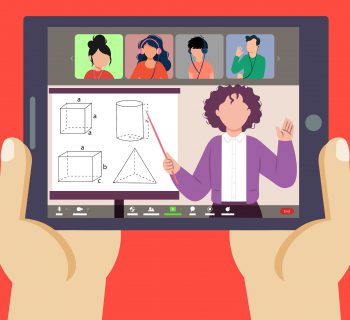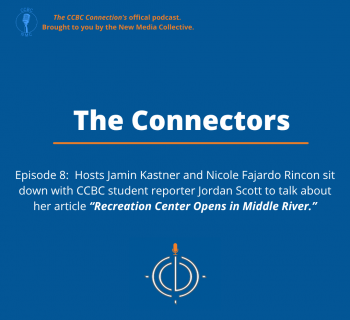By Brittany Donnor
Humans crave some sort of intimate connection from one another. Even the ones who don’t understand the feelings that arise from an absent connection. Working in the nursing field provides you with many opportunities to gain personal relationships with patients. In many ways, we rely on each other to fill in gaps that we develop over time within ourselves, the gaps that stem from us not responding to only our social and emotional needs. We live in a time when almost everyone has created this protective wall over themselves to prevent others from seeing them when they are bare and vulnerable. As someone who has worked as a caregiver for a year, I understand that at any age you can be cautious of who you allow yourself to open up to. One of the beauties of working as a caregiver is that you get to develop personal relationships with residents which contributes to the emotional fulfillment that embarks in this career. You get to build relationships with individuals who may have been stubborn at first that eventually opened up. Being able to form a bond while providing care is the biggest perk of the job.

It starts with your attitude. This kind of work requires you to be very compassionate and gentle; it’s more than trying to survive an eight to 12-hour shift; it’s balanc
ing the pressure of a heavy workload while providing emotional care. It’s just a matter of looking forward to your shift with positive thoughts of how you will make a difference in someone’s day even if it’s just for ten minutes. The feeling of empathy and compassion has to be present at all times, and this comes from a genuine desire of wanting to care for another human being. Helping patients feel like themselves by assisting them while eating or with a bath, changing soiled Depends, or just being someone’s companion contributes to the relationships that are developed down the line. Sometimes you may have to imagine what it would be like to be in the opposite position, how would you want someone to treat you and make you feel. It is easily forgotten that everyone deserves the right to stay socially connected in some way regardless of their age, providing care is more than assisting but actually reminding the person you are caring for that they never lost any part of themselves; making them laugh, asking them about their life, encouraging them to participate in activities they enjoy, and being reliable for them.
Often, you find yourself becoming a member of a new family, a family that you never knew before and will eventually mean so much to you. While taking care of an individual you are also in contact with their loved ones and want to reassure them that their family member is being taken care of with compassion. Whether it’s someone wife/husband, grandfather, mother, or child you are caring for someone who means dearly to many others. Imagine taking up the role of a wife who is no longer around to take care of her husband, as you are providing care do it with dignity and remember how much it means to the individual that they are being handled with tenderness. Jacqueline Scott would agree that all of these traits are necessary when it comes to caring for an individual. She got to experience what it was like to have a caregiver be so involved in the daily care for both of her parents while they were alive; both parents were heavily involved in the community and adored by many. “For the family, it’s important that the person who is taking care of them see that…who they were”, says Scott, as she emphasizes how difficult it was to witness her
father’s caregiver communicate with him in a childlike manner. She continues to describe her father as being strong and how, in a sense, it seemed as though his dignity was being stripped away as he got feebler. However, Scott was able to form a close bond with her mother’s caregiver, who was highly recommended by a close friend of the family. She mentions how the caregiver quickly became a part of the family and the dynamics during her four month stay, stating, “she loved my mother…and she was a hard worker and at the end of the day she did her job.”
The role of a caregiver is many and often you can easily become overwhelmed with the physical aspect of the job, “the family needs to understand too, that the person who is working is doing a very laborious job, they get fatigue”, says Scott as she got to witness the downfalls of being a nurse assistant from both of her parents caregivers. However, the deeper meaning of this job overturns any pain; the emotional bonds that are created along the line uplift anyone spirits. It’s an honor to truly care for someone and to have a connection form when the one you are caring for sees how sensitive you are to their needs. This field of work make it safe to show vulnerability, support, and humanity and you soon realize how the smallest act of assistance can equal up to a thousand “thank you” that will make your day.













